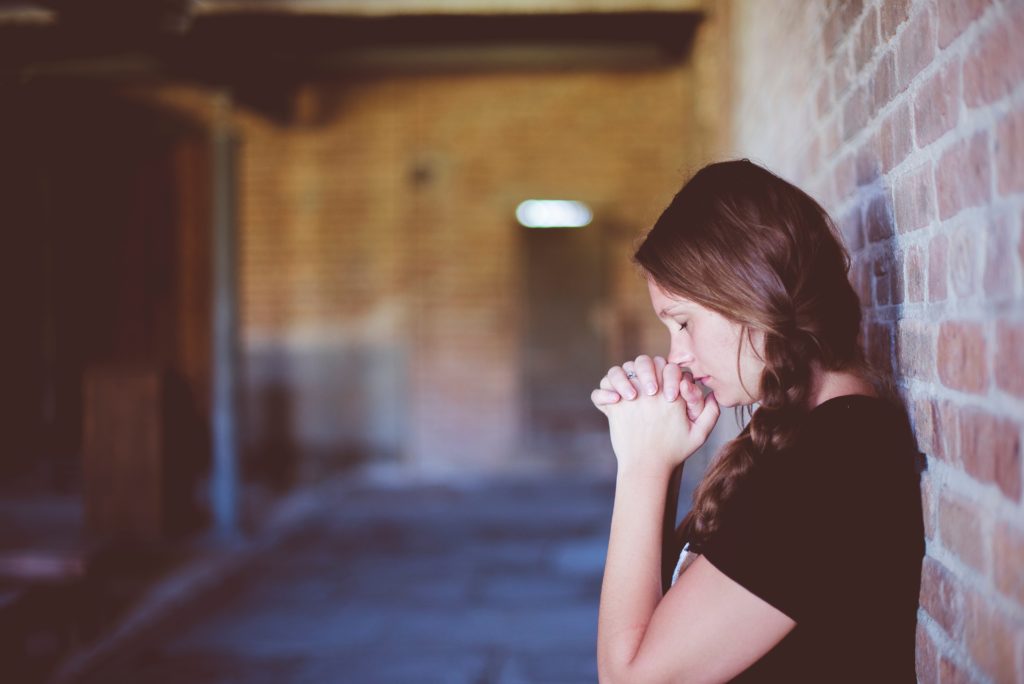
Is your child confessing or repeating sentences over and over?
While many people are familiar with the words Obsessive Compulsive Disorder (OCD), the way in which OCD shows up in an individual can vary dramatically. Most people are familiar with OCD that involves symptoms of hand washing or cleaning, but there are many other forms of it. Today the topic is a subset scrupulosity OCD or moral OCD. If you see or hear your kid praying repetitively, repeating sentences, or excessively confessing to you or other people about their actions, it may be related to OCD.
Scrupulosity is a moral or religious form of OCD that is defined as pathological guilt about moral or religious issues. It’s extremely distressing and dysfunctional for the individual, and can impair their functioning in many areas such as social interaction or within their school environment.
Some things to watch out for are:
1. Excessive concern that something they did or did not do might be a sin, or violate some moral code.
2. Excessive confessing to a priest, pastor, parent, or any other religious leader.
3. Doing certain behaviors in an attempt to cleanse or purify themselves such as praying, repeating phrases, or avoiding certain things.
An example of scrupulosity OCD could be your child says the same prayer/sentence over and over again throughout the day – something like “God forgive me for I have sinned”. They feel like they have to say it or else they will feel terribly uncomfortable or something bad might happen. Scrupulosity could also be expressed in your child by them repetitive confessing to you, something like “I stepped on a bug and I think I killed it, does that make me a bad person?” and if you don’t answer right away, they may feel extremely uncomfortable and may get angry, frustrated, or scared.
Scrupulosity OCD is actually one of the oldest forms of OCD recorded, and shows up in historical records from the 1400s! While the way this form of OCD is expressed changes based on your kid’s religion, the typical driver for these compulsive behaviors is fear of uncertainty about whether or not they have sinned, or whether they are immoral. Pay attention to the fear that your child is experiencing, because this is often the cause of their compulsive behavior.
What’s the difference between religious ritual and OCD behaviors?
Praying in the morning or at night, or feeling a strong desire to go to church because your family values religion is perfectly understandable. However, when these behaviors are driven by fear of not knowing whether you did something wrong and the only way to get rid of these very uncomfortable feelings is to confess, pray, or repeat sentences, then it becomes a problem that should be addressed.
Additionally, religion does not cause OCD, but it can be an outlet for someone already susceptible to OCD. Religion can be a powerful and important component of your kid’s life, and treatment does not mean that your kid will have to completely give up religion, just the specific behaviors driven by their core fear.
The typical treatment for scrupulosity OCD is the same for all forms of OCD – Exposure Response Prevention (ERP). After you receive a diagnosis from a professional, make sure they are trained in this specialized form of treatment that is backed by current research.
References:
Bell, J. (2009). When in doubt, make belief: an OCD-inspired approach to living with uncertainty. Novato, CA: New World Library.
Badalucco, T. (2015, June 11). Scrupulosity: Where OCD and faith collide. Retrieved August 14, 2017, from http://news.medill.northwestern.edu/chicago/scrupulosity-where-ocd-and-faith-collide/






